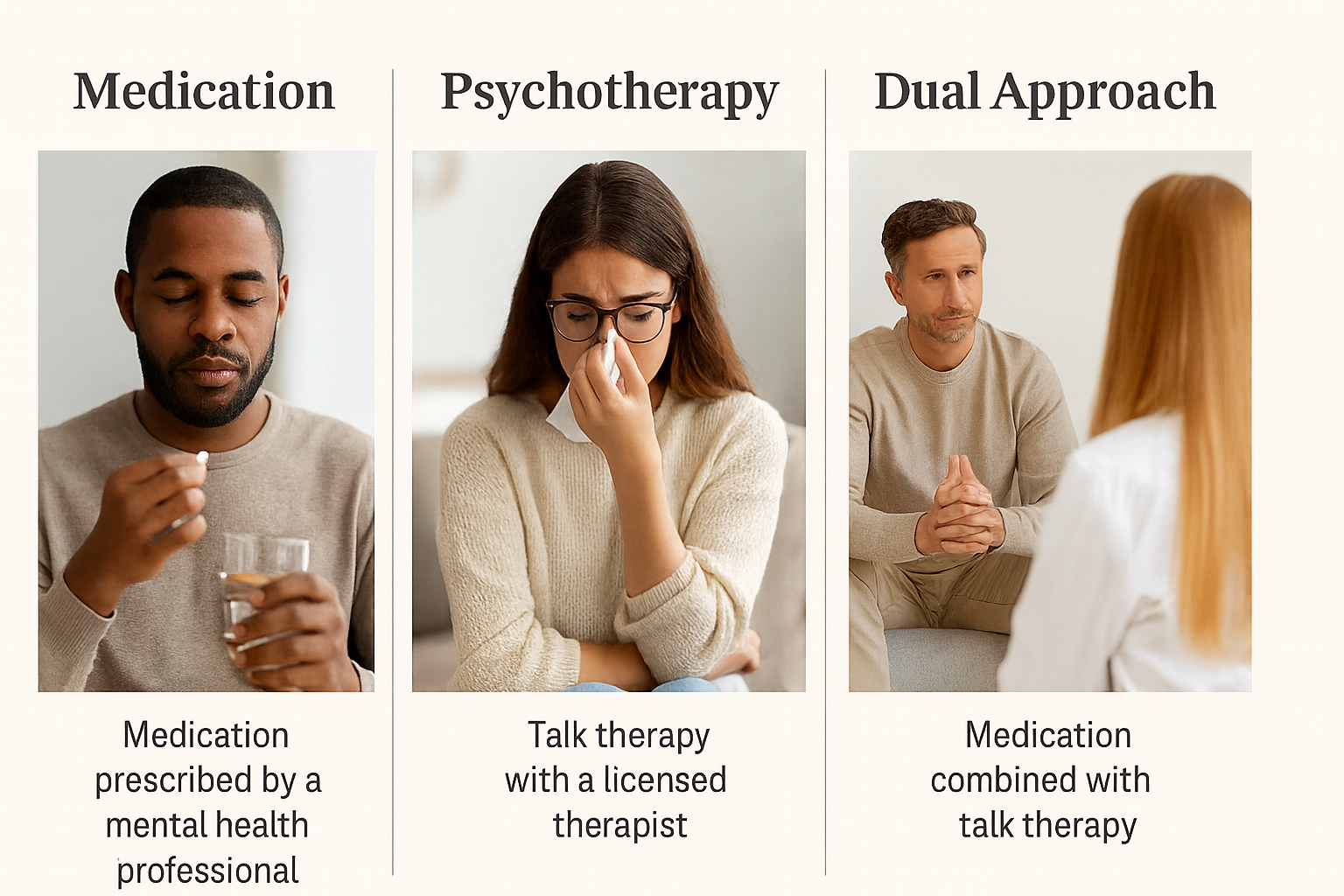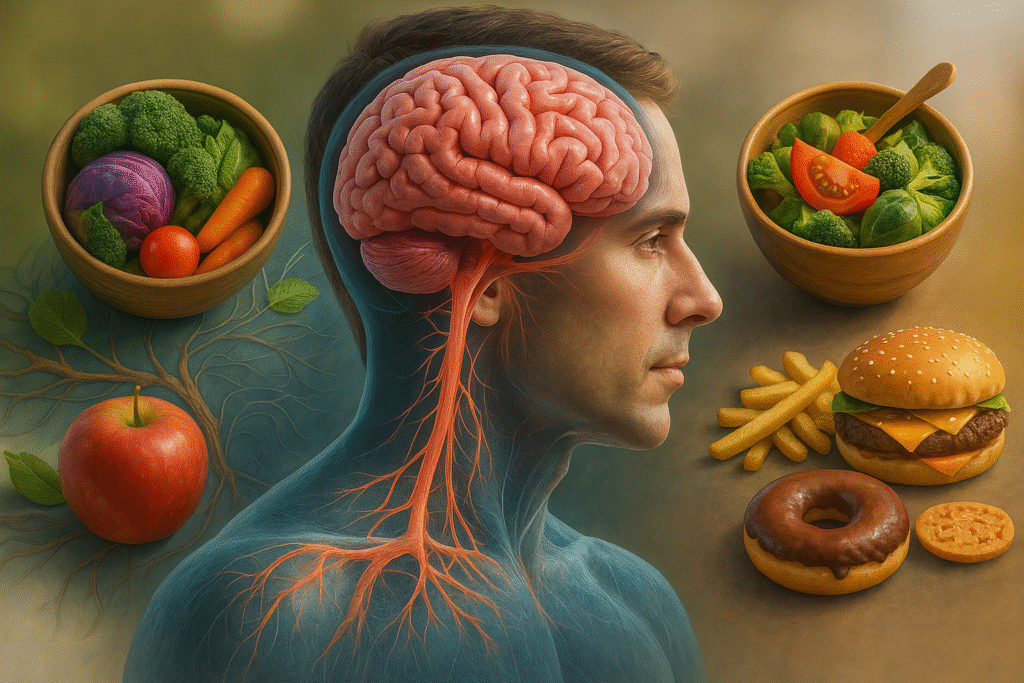Eating Disorders: What They Are & How We Help-Eating Disorder Treatment
Understanding Eating Disorders
What is an eating disorder?
Eating disorders are serious but treatable mental health conditions that involve disturbances in eating behaviors, thoughts, and emotions. They affect both physical health and emotional well-being, and they can occur in people of all ages, genders, body sizes, and backgrounds.
Anorexia Nervosa (AN): Severe restriction of food intake, an intense fear of weight gain, and a distorted body image.
Bulimia Nervosa (BN): Repeated episodes of binge eating followed by behaviors like vomiting, misuse of laxatives, fasting, or excessive exercise to compensate.
Binge-Eating Disorder (BED): Recurring episodes of eating large amounts of food with a feeling of loss of control and significant emotional distress, without regular compensatory behaviors.
Avoidant/Restrictive Food Intake Disorder (ARFID): Limited intake or variety of food not driven by body image concerns, often leading to nutritional or medical issues.
Other Specified Feeding or Eating Disorder (OSFED): Significant symptoms that don’t fit neatly into another category but still cause distress and impairment.

Warning Signs & Red Flags
Eating disorders can look different for each person, but common warning signs include:
Preoccupation with food, calories, weight, or body shape
Restriction, bingeing, purging, or compulsive exercise
Rigid food rules or only eating “safe” foods
Secretive eating or guilt after meals
Feeling out of control
Physical symptoms like fainting, GI issues, cold intolerance, or hair loss
Emotional distress such as depression, anxiety, OCD symptoms, or social withdrawal
Other Diagnoses
- Pica: Persistent eating of non-food substances.
- Rumination Disorder: Repeated regurgitation and re-chewing or spitting of food.
Note: People of any age, gender, body size, or background can have an eating disorder.
What Causes Eating Disorders?

Diagnosis & Treatment
Diagnosis typically involves a thorough assessment of eating behaviors, physical health, and emotional well-being. At CareSync Psych, we work collaboratively with patients and their support systems to provide a whole-person, individualized plan.
Treatment may include:
Psychotherapy
Medication management when appropriate, to help with mood, anxiety, OCD, or binge eating
Nutritional support and coordination with dietitians and primary care providers
Family involvement and education to create a supportive environment
Genetic vulnerability
Personality traits such as perfectionism or high anxiety
Dieting or energy imbalance
Cultural and social pressures about body image
Through evidence-based therapy and metabolic psychiatry, we guide you toward balance and peace with food.
Our Approach at CareSync Psych
At CareSync Psych, we believe recovery is possible. We provide:
A non-judgmental, compassionate space where you are welcome as you are
Individualized treatment plans based on your needs, values, and pace
Collaboration with therapists, dietitians, and medical providers
A focus on the mind-body connection to support lasting recovery

FAQ
Do you treat all levels of eating disorder severity?
We provide outpatient care. If labs, vitals, or symptoms suggest you’d benefit from IOP, PHP, or inpatient/residential, we’ll coordinate a timely referral and stay involved as appropriate.BMI MUST BE ABOVE 17 for outpatient care at CareSync Psych.
Will I be required to take medication?
No. Medication is optional and considered collaboratively. When used, it complements therapy and skills work.
Do you work with my therapist and dietitian?
Yes. With your consent, we coordinate care with your therapist, RD, PCP, and family to support consistent messaging and progress.
Do you accept insurance?
We currently offer transparent self-pay rates and can provide a superbill for possible out-of-network reimbursement.
